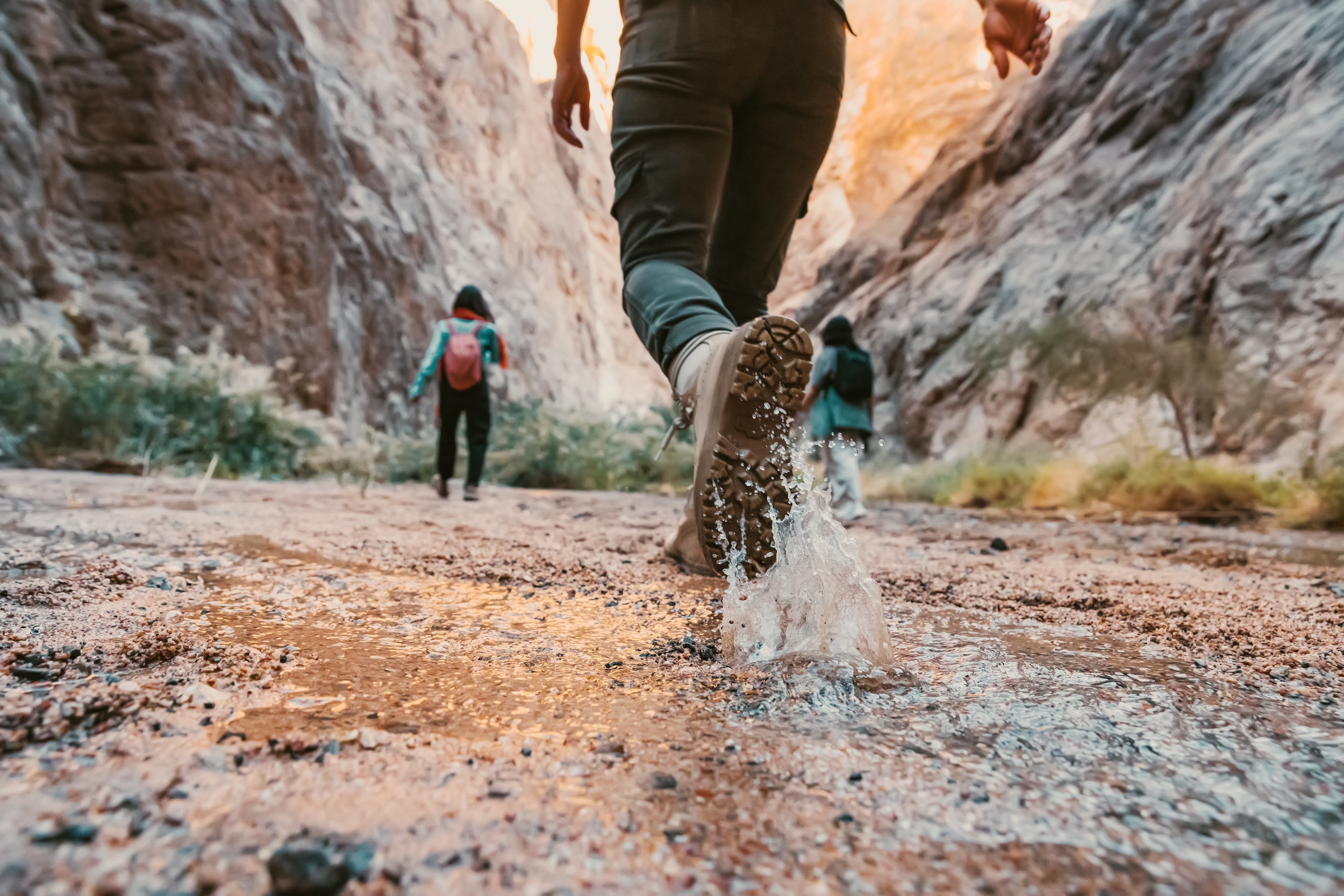Imagine standing in a verdant forest, sunlight filtering through the canopy, a cool breeze on your skin. Or you could envision a tranquil beach with the rhythm of the waves lapping the shore. These serene images of nature aren’t just pleasing to the mind; they profoundly benefit our mental health and resilience.
Scientific research confirms that spending time in nature can substantially reduce stress levels. A study published in the “International Journal of Environmental Research and Public Health” in 2017 found that forest bathing – the practice of spending time in a forested area to reap health benefits – can lower cortisol levels, heart rate, and blood pressure, all stress markers.
But why is nature so effective at alleviating stress? One reason may be the biophilia hypothesis, proposed by biologist Edward O. Wilson in his 1984 book “Biophilia.” Wilson suggests that humans have an innate desire to connect with other life forms, a theory supported by various research findings.
Being in nature doesn’t just reduce stress; it also increases feelings of happiness. A survey conducted by the University of Vermont in 2020 revealed that people who spent more time outdoors during the pandemic reported better mental health and well-being than those who didn’t.
This boost in happiness might be due to a couple of factors. One is increased physical activity, often a byproduct of time spent outdoors, known for its mood-boosting effects. Another is a concept known as “attention restoration theory,” proposed by Rachel and Stephen Kaplan in the 1980s, which suggests that spending time in nature can rejuvenate our attention capacity, leading to better focus and creativity.
Furthermore, nature fosters resilience, our ability to bounce back from adversity. Studies, including a 2015 research review published in “Health & Place,” suggest that contact with nature can support resilience by fostering a sense of coherence and promoting positive coping strategies.
American author and journalist Richard Louv advocate for more natural interaction in his 2008 book “Last Child in the Woods,” noting that “nature is an antidote” and “stimulates creativity, problem-solving, and emotional and intellectual development.”
Immersing ourselves in nature, be it a forest, a beach, or a local park, can significantly benefit our mental well-being. Nature can be a powerful ally in our mental health journey by reducing stress, enhancing happiness, and promoting resilience.
How has spending time in nature influenced your mental well-being? What are some of your favorite outdoor activities that help you de-stress and rejuvenate? Please share your experiences and insights in the comments below.
